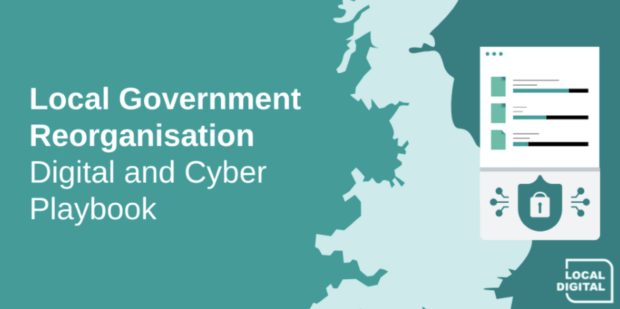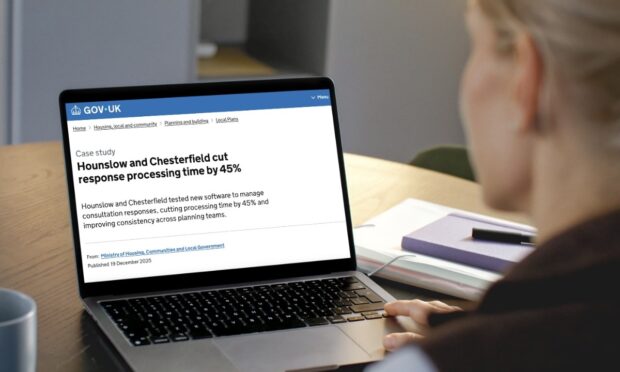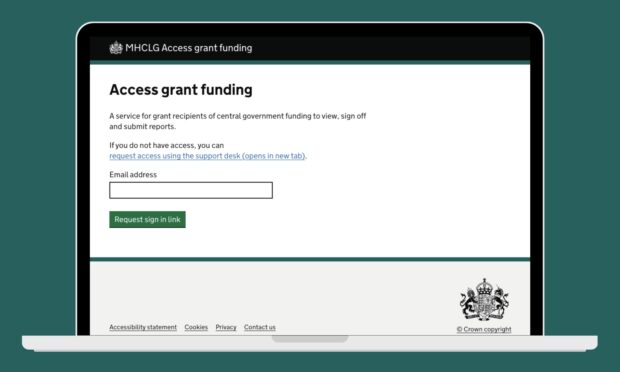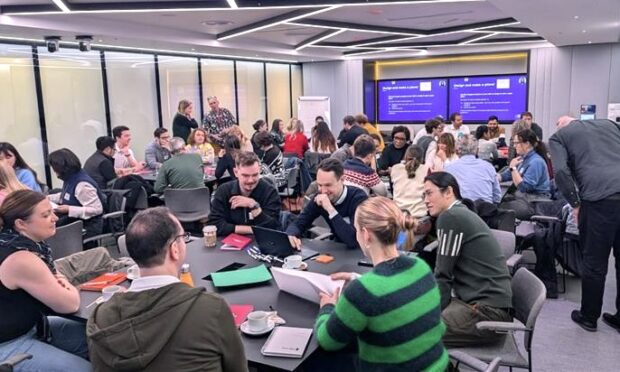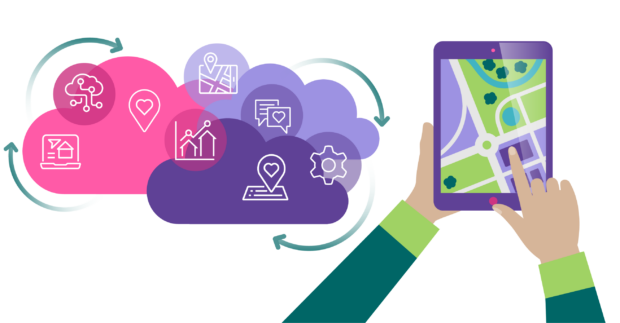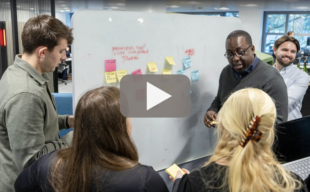Deliver grant funding and Access grant funding: a digital service built to last
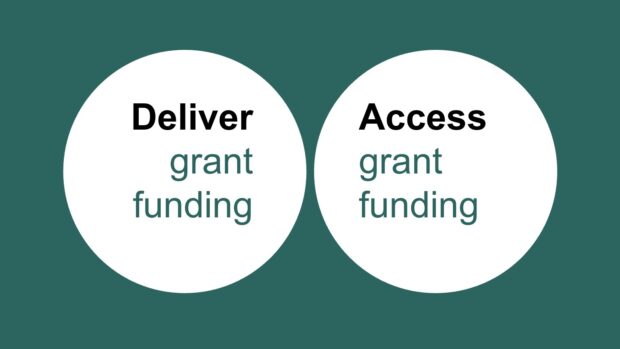
In this blog post, Kate Harries, head of user-centred design for the Funding Service, shares how the team have been creating a new sustainable digital service to provide a more user-centred and data rich experience for grant teams and grant recipients alike.
